
Life After Treatment: Finding Hope For Breast Cancer Survivors
Holding onto hope is key for breast cancer survivors towards a long-lasting and successful recovery. There are ways to nurture hope daily, from small self-care steps to reaching out for support. This article can help. We’ll talk about the possible post-treatment side effects of breast cancer, what survivors can do to keep the optimism alive and how to cope with the fear of recurrence.
What are the Post-Treatment Side Effects of Breast Cancer
Physical symptoms such as fatigue, lymphoedema, and menopausal symptoms, as well as emotional challenges like anxiety and depression, can be challenging to face after breast cancer treatment. Breast cancer survivors can reclaim control over their well-being by acknowledging and addressing them head-on.
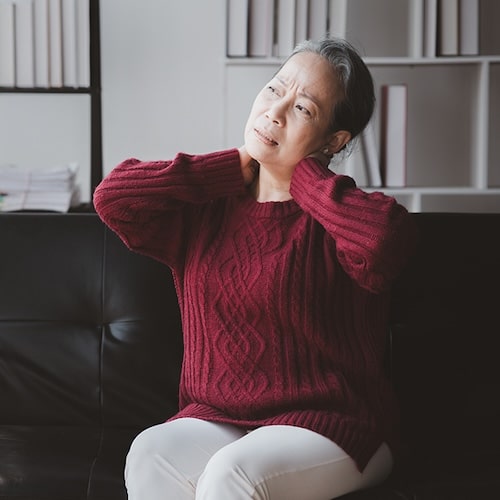
Fatigue: Feeling drained or exhausted
- Try this empowering action: Embrace rest as a form of self-care, prioritise quality sleep and engage in gentle exercises like walking to rebuild energy levels.
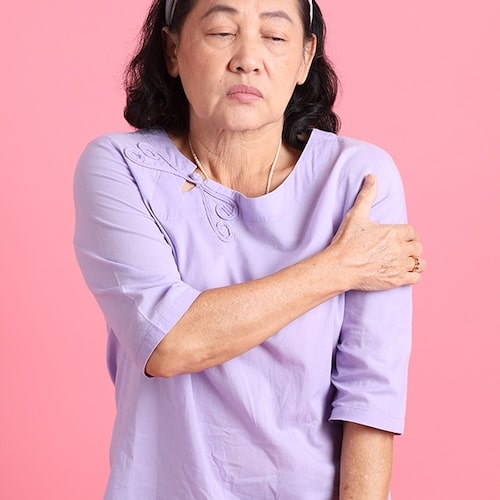
Lymphoedema: Swelling in the arm or hand
- Try this empowering action: Safeguard your body by avoiding heavy lifting, utilising compression garments for support and incorporating gentle arm exercises to promote circulation and flexibility.

Menopausal Symptoms: Hot flashes, night sweats and vaginal dryness
- Try this empowering action: Advocate for your comfort by discussing options with healthcare providers to explore hormone therapy or seek out natural remedies such as herbal supplements.
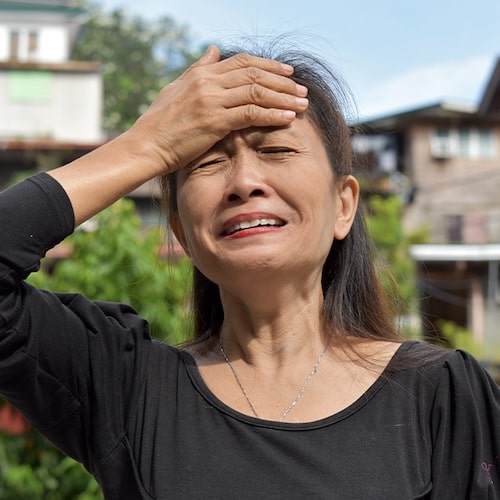
Anxiety: Feelings of worry or uncertainty about the future
- Try this empowering action: Cultivate inner peace through mindfulness practices, deep breathing exercises and seek solace in the supportive embrace of therapists or support groups.
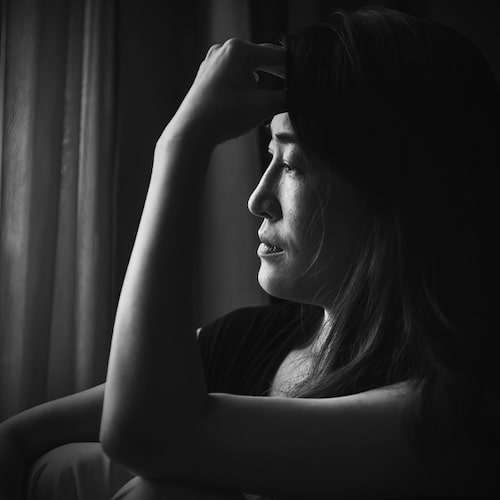
Depression: Persistent feelings of sadness or disinterest in activities
- Try this empowering action: Take proactive steps towards healing by seeking professional support from mental health experts and nurturing connections with understanding friends and family.
Who Can Help in Post-Breast Cancer Treatment Journey
Receiving support during post-breast cancer treatment empowers individuals to take the journey with hope and strength.

- Breast specialists help you understand your treatment, monitor your progress and address your concerns during the recovery.
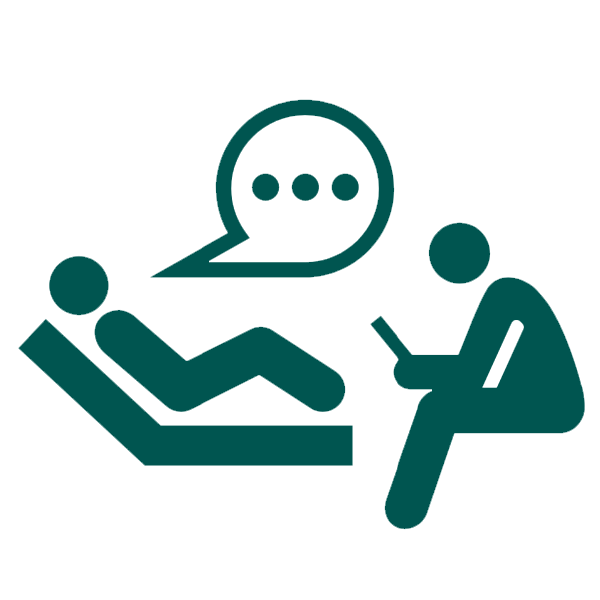
- Therapists, counsellors and psychologists offer invaluable support in addressing the emotional challenges that may arise post-treatment. They provide a safe space for survivors to express their feelings, navigate anxiety or depression and develop coping strategies for emotional well-being.

- Support groups and friends provide understanding, encouragement and practical advice based on their journeys. Sharing stories and victories with peers may boost your confidence and remind you that you’re not alone.
Our visiting breast specialist, Dr Andrew Lee, believes in a comprehensive treatment approach, including post-treatment guidance. As a result, patients can expect tailored breast care after their treatment to address physical side effects and ensure successful recovery.
How to Cope with the Fear of Recurrence After Breast Cancer
We understand that the journey to a healthy and long life after a breast cancer treatment may be difficult to envision due to the fear of recurrence. Turning to a support network may help with coping with the fear of recurrence after breast cancer. It may strengthen your belief that successful recovery is more than possible.
Surround yourself with compassionate friends, family and fellow survivors who can provide encouragement, empathy and reassurance.
Try the following to cope and find peace of mind.
- Stay informed about surveillance guidelines and early detection methods recommended for breast cancer survivors. Understand the signs and symptoms of recurrence and actively participate in follow-up appointments and screenings your breast specialist prescribes.
- Perform regular breast self-exams to become familiar with the normal look and feel of your breasts. Report changes to your healthcare provider immediately, such as lumps, swelling, or skin changes. Early detection of changes can lead to prompt evaluation and treatment if necessary.
Why Address The Emotional Impact of Breast Cancer Survivorship
The emotional impact of breast cancer survivorship, from the moment of diagnosis through the difficulties of treatment and the uncertainty of successful recovery, may come with different emotional challenges. This may include fear, anxiety, grief, anger and guilt, leading to life’s disruption.
Addressing these emotional impacts may help with the following
- Prevent or mitigate their effects on mental health
- Allow breast cancer survivors to embrace life post-treatment
- Experience greater emotional well-being and satisfaction with life
- Positive effects on physical health and enhance the body's ability to heal and recover
- Develop coping skills, inner strength and resilience in the face of adversity
Empowering Post-Treatment Journey At The International Specialists Clinic
While the road ahead may seem uncertain at times, focusing on the positive and embracing a proactive approach to your health allows you to embrace life after post-breast cancer treatment.
Prepare yourself with knowledge and proper guidance from our breast specialist, Dr Andrew Lee, during this crucial period of your journey. Our doctor is here for you every step of the way, providing private, compassionate care and resources to empower you to take charge of your breast health.
Please don’t hesitate to ask questions and explore management options with Dr Andrew Lee.
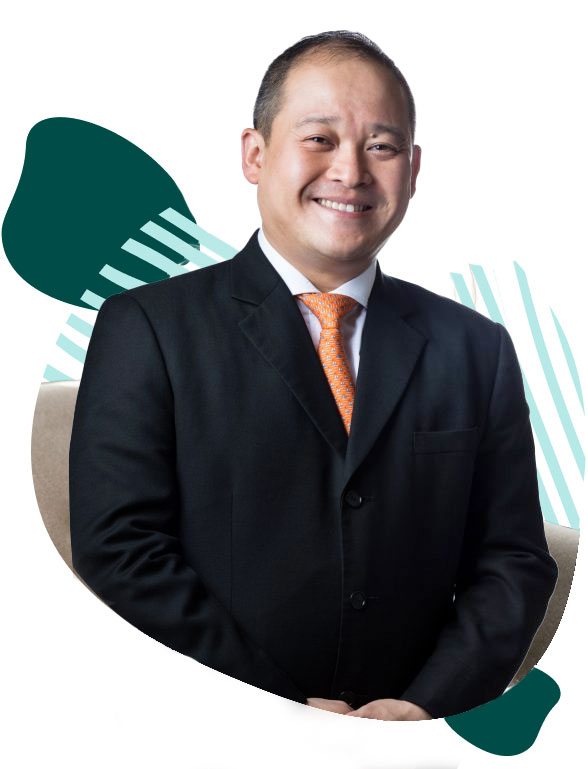
Dr Andrew Lee
BREAST SPECIALIST & SURGEON
MB ChB MSc MS MD FRCSEd FAMS
- Over 15 years of medical experience
- Breast surgeon with a subspeciality in oncoplastic breast surgery
- Obtained Master of Surgery degree (MS) in Oncoplastic Breast Surgery from the University of East Anglia, England
- Received the Singapore Health Quality Service Award (Star) and the Eastern Health Alliance Caring Award (Gold & Silver) f0or quality patient care
- Specialised interests in breast cancer treatment, including cryoablation electrotherapy and intraoperative radiotherapy
